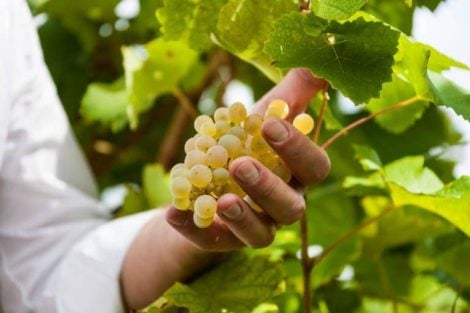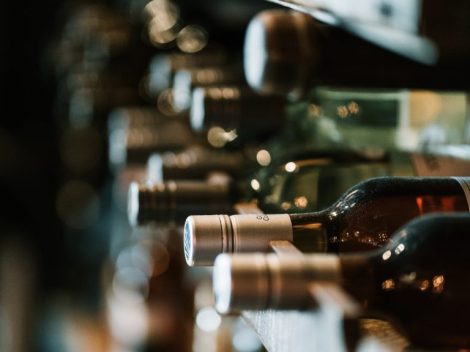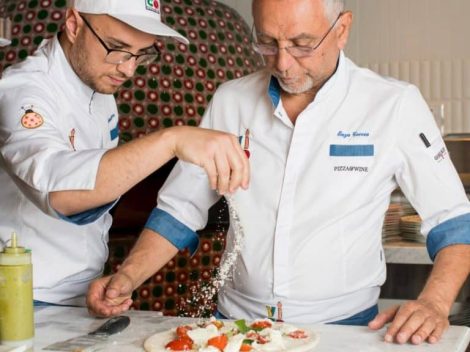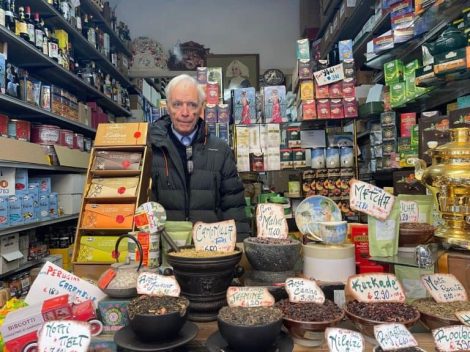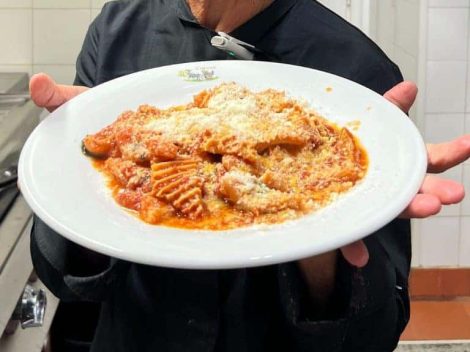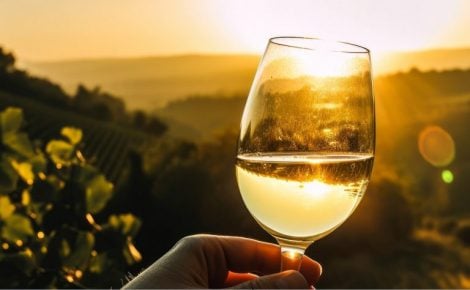Wasabi is a historic name in Japanese dining in Turin, dating back to 1997. After a challenging period during the pandemic and a subsequent decline, it was reopened in February this year by Masanori Tezuka, already known in the city for his success with the restaurant Miyabi on Via Villa della Regina (which had earned the coveted Three Chopsticks award in the Sushi Guide 2021). With the (temporary?) closure of this latter establishment, 45-year-old Chef Masa, originally from Kobe, Japan, has dedicated himself entirely to bringing Wasabi back to its highest standards, achieving Tre Bacchette (Three Chopsticks) in the Gambero Rosso Sushi Guide 2025, focusing on traditional Japanese cuisine, far removed from the fusion trend prevalent in many parts of Italy.
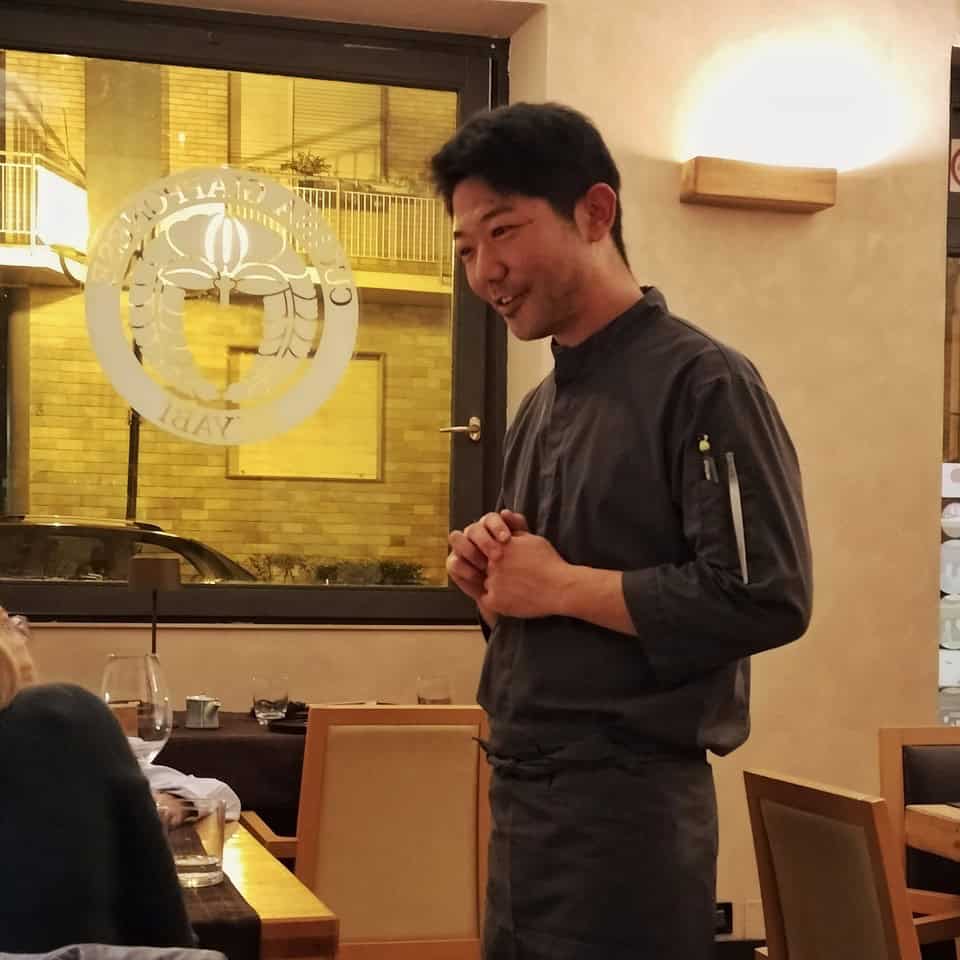
The beginnings
"They say that the cuisine of Kansai, the southern region of Japan where I come from, is more delicate and elegant than that of other areas, where a stronger taste prevails," says the chef who introduced many secrets of Japanese culture to the people of Turin. Even before opening Miyabi (the now-closed restaurant on Via Villa della Regina), Tezuka had founded a Japanese cultural association: "I organized courses in Ikebana, ceramics, and taught the tea ceremony, even bringing a geisha from Kyoto and a Japanese chopstick specialist at my own expense to explain dining etiquette," he recalls. Cooking naturally followed this growing interest in recent years for Japanese customs and traditions. "In reality, I came to Italy in 2008 to learn Italian home cooking, the kind made by mothers and grandmothers, with the idea of returning to Japan to open an Italian restaurant," Masanori confesses. But nostalgia for home food and the realization that Turin still lacked a true Japanese cuisine offering prevailed over the idea of bringing plin, tajarin, and carbonara to the Far East.
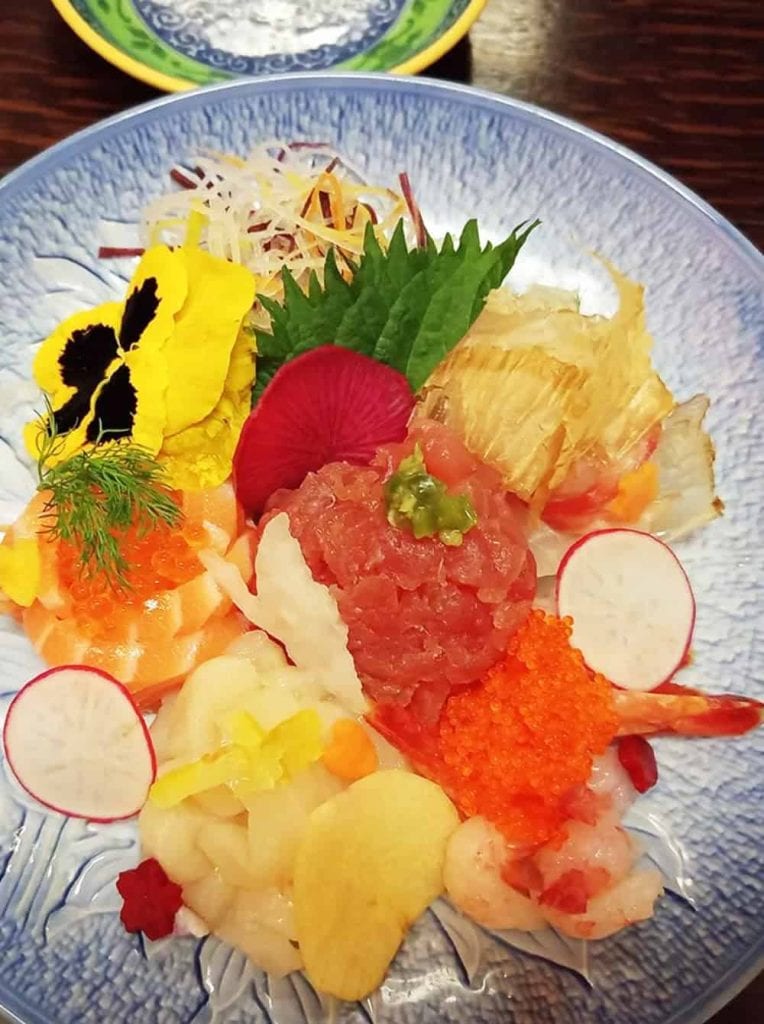
The experience at the New Wasabi
Wasabi offers an intimate setting where, after removing your shoes and sitting on the tatami, you can forget you're in the Cenisia district of Turin and are transported to exotic scenes. You can choose from the à la carte menu or trust the chef with the 7 or 9-course Omakase menus ("leave it to me"). A note for ramen enthusiasts: they will need to visit on Mondays, the day dedicated to this specialty. "It's a long and complex preparation; finding the balance for a broth that isn't heavy is not easy," explains Masanori, who frequently changes the recipe and also offers a lighter, cold ramen in the summer.
The food preparation technique is traditional - watching the chefs at work is already a spectacle - and the seasonings are strictly Japanese. Sushi and sashimi are, of course, very popular, also due to the freshness of the ingredients, and Wagyu beef is not missing. "The bluefin tuna and belly come from Spain, the sea urchins from Brittany or Galicia, the mackerel from Norway, but for scallops, I choose those from Hokkaido, and the yellowtail is also Japanese": Masa has a preference for fish from cold seas and for koji fermentations used to marinate fish, meat, and vegetables.
Food Pairing
The experience at the new Wasabi is complemented by a fine selection of Japanese beers, whiskies, and rums, and naturally, sake. "We focus on a rotation of about twenty options, as sake also has a seasonality with a production peak in winter up to New Year's. Then there are versions more suitable for summer consumption." Masanori Tezuka's next goal is to have direct contact with Japanese wineries, without necessarily going through importers, to offer his customers an even more immediate experience. Many Turinese loyal to Tezuka's first restaurant wonder about the reopening of Miyabi: "By the end of summer, I will make a decision, also because finding qualified Japanese staff for both restaurants is not easy," concludes Tezuka, who, for now, enjoys the success of the new Wasabi.

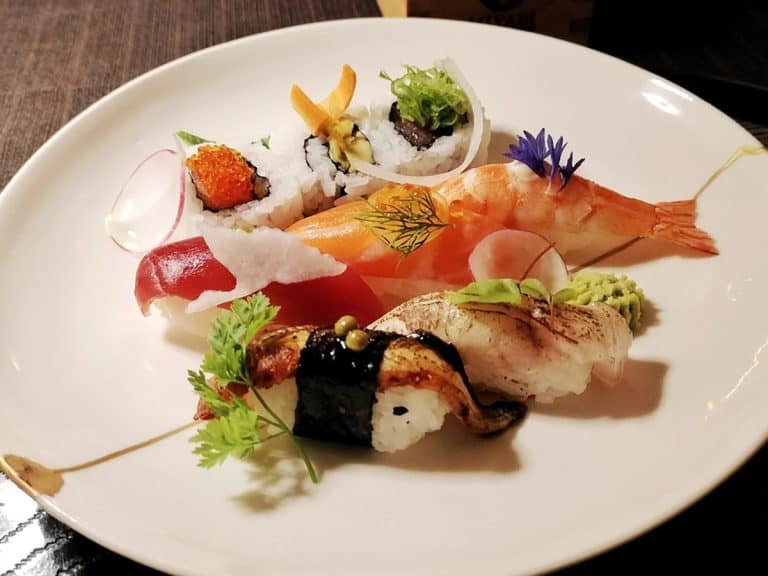
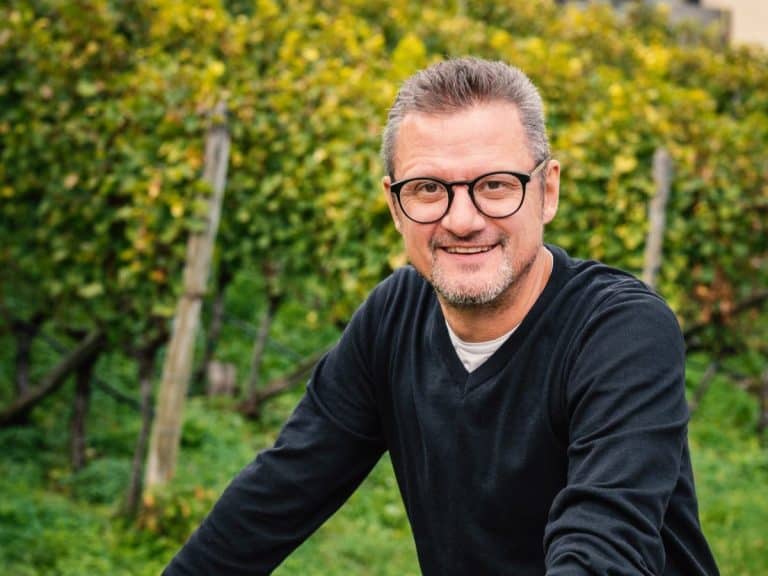 Non-alcoholic wines? Call them what you want, but they’re still a derivative of wine.” An Interview with Martin Foradori
Non-alcoholic wines? Call them what you want, but they’re still a derivative of wine.” An Interview with Martin Foradori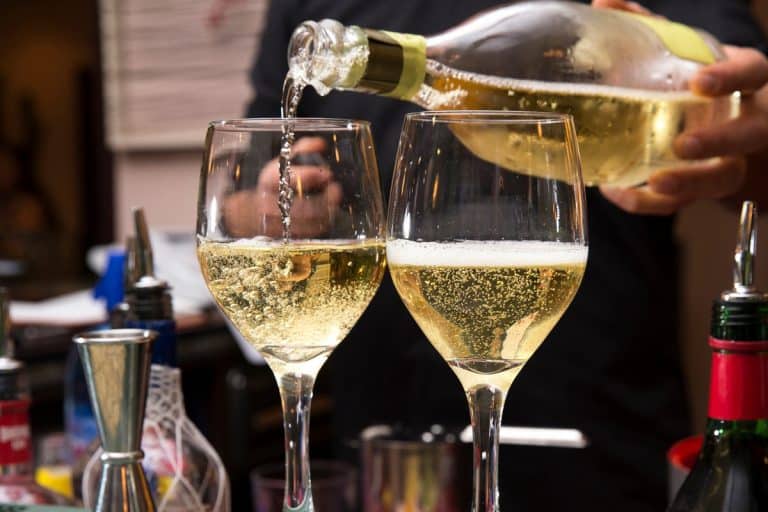 The 8 best Trentodoc wines chosen by Gambero Rosso
The 8 best Trentodoc wines chosen by Gambero Rosso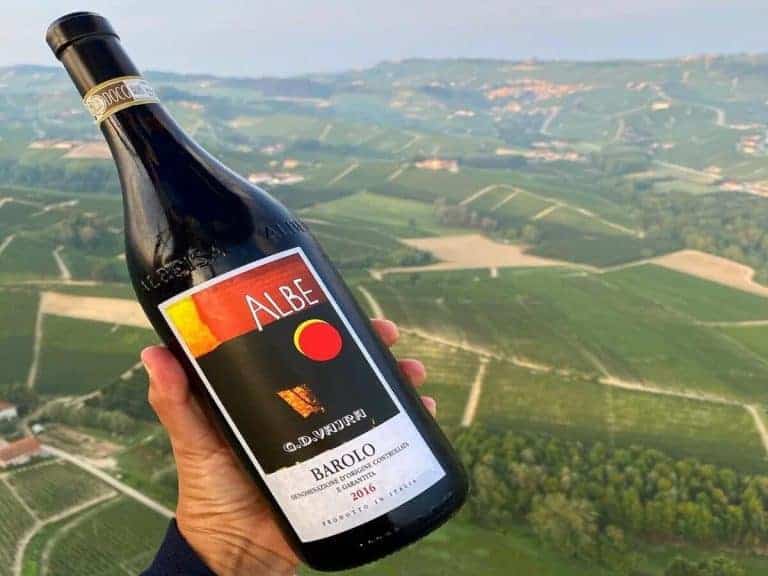 A Piedmont wine enters the top ten of Wine Spectator's "Top 100"
A Piedmont wine enters the top ten of Wine Spectator's "Top 100"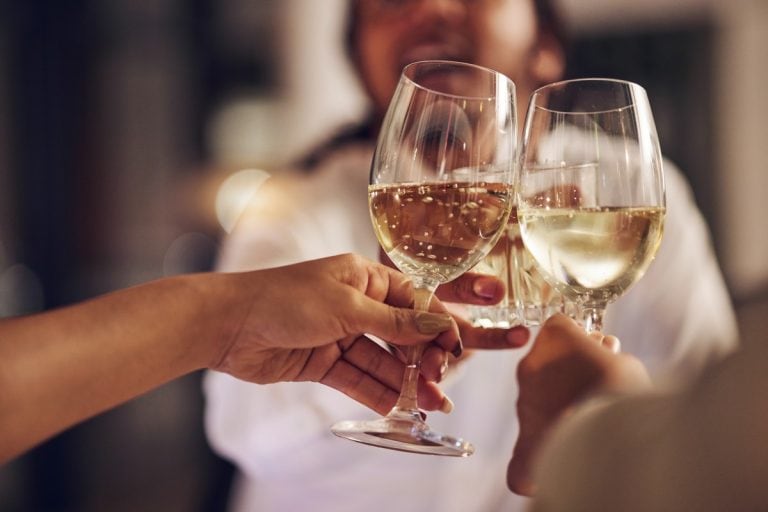 Sparkling wines surpass still wines in Italian out-of-home consumption. Most popular during the aperitif
Sparkling wines surpass still wines in Italian out-of-home consumption. Most popular during the aperitif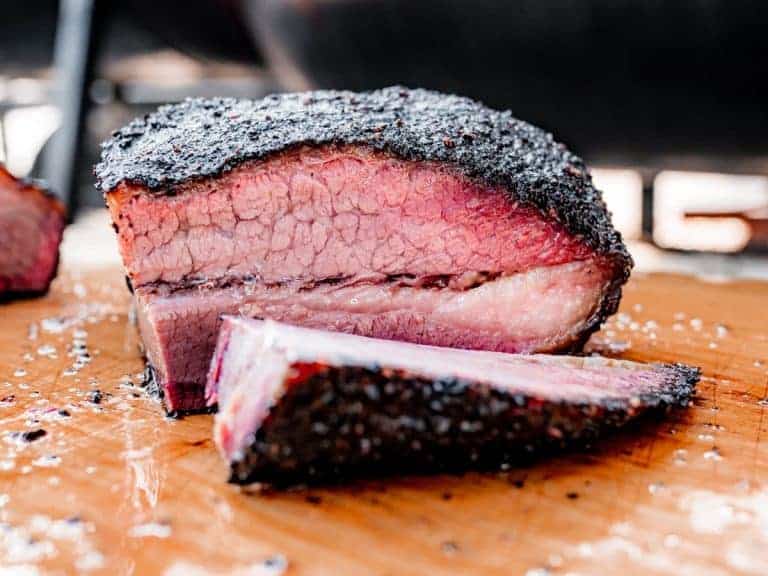 American Barbecue wins a Michelin star for the first time in history
American Barbecue wins a Michelin star for the first time in history